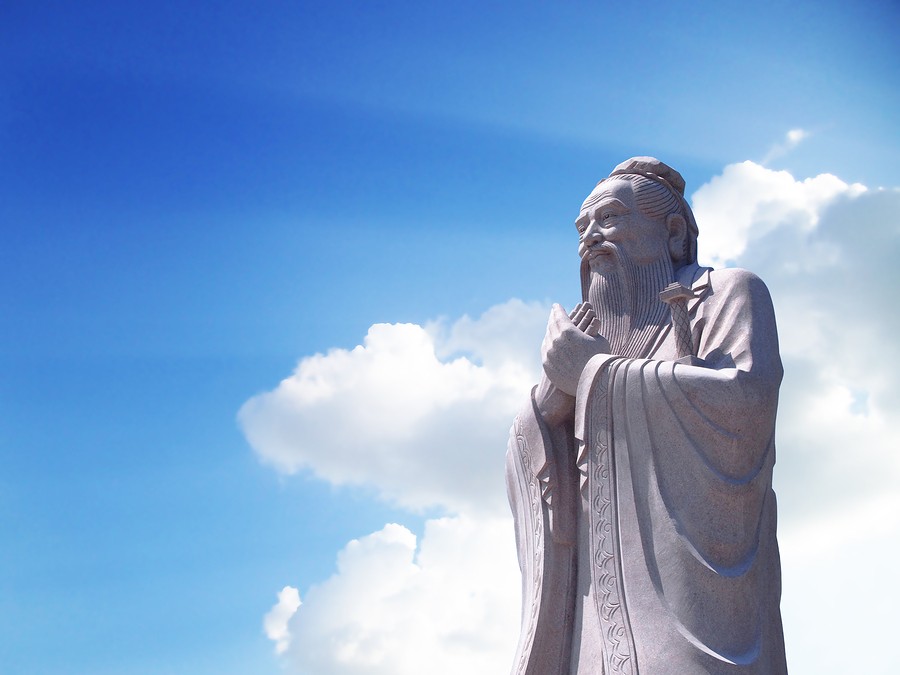On a recent trip to China for a client engagement, I took an extra day to absorb the culture. While there, I came across a quote from Confucius that resonated with me: “[B]y three methods we may learn wisdom: first, by reflection, which is noblest; second, by imitation, which is easiest; and third by experience, which is the bitterest.”

Why is experience the bitterest? Because, experience often challenges us to reconcile who we are with who we’re trying to become—and the gap can be threatening. This becomes especially true when thrust into a learning experience around broad and complex concepts like communication, accountability, and trust because our intentions and behaviors don’t always align.
Experiential learning is a great method to engage learners and drive behavior change. Time and again, however, we are faced with adult learners who will resist or dismiss a new concept since it challenges their self-perception. They might blame the activity, claim they misunderstood the directions, or, most interestingly, claim that during the activity they were not themselves—“I would normally not act that way.” The reality is, if you resist learning, your current behaviors and performance will persist. No matter how well you’re doing, you’re preventing yourself from becoming a better version of you.

Recently, I had a conversation with a friend about a training event for a senior leadership team. Last year, his company ran a program for this audience that featured several speakers in a TEDTalk format. He stated that he really liked it. I replied “Of course you did!” There’s no doubt that TEDTalks are rich in content and engaging—but the learners are not being challenged. They’re not being asked to apply practical knowledge nor are they actively reflecting on their own practice. This is entertainment, not development.
At JMReid Group, we bring experiential learning principles to every one of our programs and client engagements. Our designs guide learners into a moment of conscious choice, much like those they face every day. We help them reflect on how each decision can be viewed from multiple perspectives and whether or not their choice aligns with their personal and professional goals. This sometimes leads to much discomfort—and often rich debate—but when the program is over, the feedback is overwhelmingly positive because, deep inside, all participants have a desire to improve. There’s nothing bitter about that.
